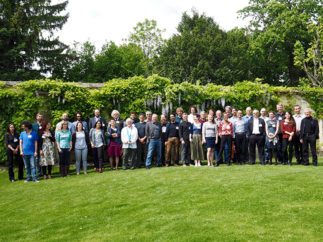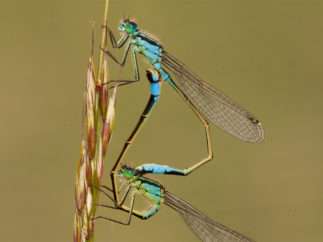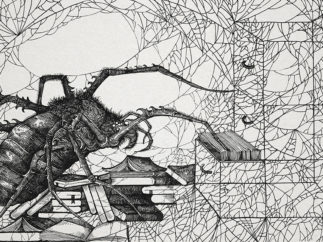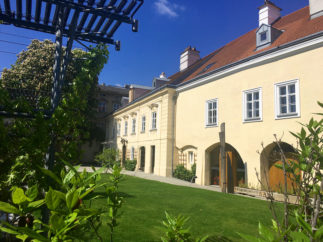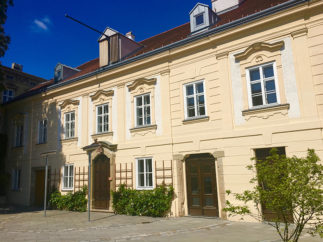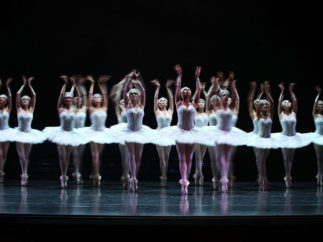From pleistocene to anthropocene: why humans transformed earth and climate
Erle Ellis, University of Maryland

Linking micro- and macroevolution through studies of thermal plasticity in an old insect order
One major challenge in evolutionary biology is the apparent disparity between microevolution (evolution within populations over short timescales) and macroevolution (evolutionary divergence of lineages over millions of years). Studies of morphological evolution in deep time have revealed a pattern of stasis. In contrast, studies of contemporary populations and laboratory experiments have shown that evolution often is rapid, selection is strong, and traits are heritable. This lack of correspondence in evolutionary rate across timescales – despite that short-term evolution should scale up to produce long-term trends – is known as the stasis paradox. A difficulty with existing work, is that most studies focus on only one timescale, limiting our ability to understand how microevolutionary change actually accrues through time.
The extended evolutionary synthesis: an epigenetic perspective
Eva Jablonka, Tel Aviv University

The thoughts of a spiderweb
by Joshua Sokol
A philosopher’s perspective on the ‘Cause and Process in Evolution’ workshop
Around ten years ago, in 2008 Massimo Pigliucci and Gerd Müller organized a workshop on the so-called Extended Evolutionary Synthesis at the Konrad Lorenz Institute (KLI) for theoretical biology in Vienna. This meeting resulted in their seminal edition Evolution: The Extended Synthesis. On May 11th to 14th the KLI hosted again a meeting on this topic, this time organized by Kevin Laland and Tobias Uller. It brought together a number of developmental and evolutionary biologists, as well as philosophers of biology.
Workshop report: Cause and Process in Evolution
“Most scientific explanations are causal. This is also the case in evolutionary biology, where the primary goals are to explain the diversity of life and the adaptive fit between organisms and their surroundings. Yet, the nature of causation in evolutionary biology is contentious.” So starts the description of a workshop on Cause and Process in Evolution, organized by Kevin Laland and Tobias Uller. It brought together an eclectic mix of evolutionary biologists, developmental biologists, and philosophers of biology, with the aim of addressing this contention. I sat in on this workshop, like a fly on the wall, in the hope of learning a bit about the latest research and debates in evolutionary biology.
How culture shapes human evolution
by Kevin Laland
